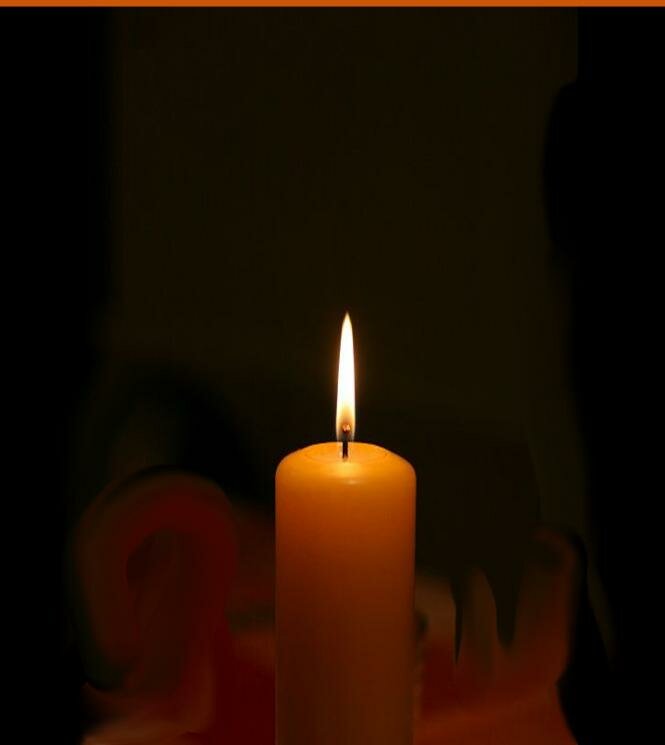

Essays on Moral Courage
director of the School. NNPA, Commentary, byJames Clingman, Jan 23, 2006 Garvey, and from James Monroe to Abe Lincoln, have been discussed Garvey, and from James Monroe to Abe Lincoln, have been discussed and, in some cases, implemented to get Black people out of this country. and, in some cases, implemented to get Black people out of this country. While there have been several prominent Black people who have left, there has been no mass exodus by Black people since Liberia, the 1967 move to Africa by the African Hebrew Israelites notwithstanding. In light of all that has happened to Black people in this country, in addition to what is occurring now in the new millennium, should Black people seriously consider leaving America? We have been here since the beginning, contributed more than anyone else to the foundational wealth of this country, sacrificed more than anyone else for this country, and yet we are still treated like the "three-fifths" they called us when they wrote their Constitution. Should we now walk away? There comes a time in the lives of most people when they can no longer take seeing their people being left out, marginalized, mistreated, abused, and murdered. They simply throw their hands up, pack up, and leave. Although many have followed the examples of Black musicians and artists, and other brothers and sisters who simply yearned to "breathe free," as the inscription on the Statue of Liberty says, let's look at two Black men. Those men are W.E.B. DuBois and Randall Robinson. "After ninety-five years of the most courageous unflagging devotion to Black freedom witnessed in the 20th Century, W.E.B. DuBois not only left America for Africa but concluded: 'I cannot take anymore of this country's treatment. We leave for Ghana October 5th and I set no date for return…Chin up, and fight on, but realize that American Negroes can't win.'" (An excerpt from The Future of the Race, by Louis Gates and Cornell West.) In Amitabh Pal's recent interview of Randall Robinson, an eerie similarity to DuBois' words and thoughts came forth from Robinson as he explained his reasons for "Quitting America," also the title of his latest book. "I was really worn down by an American society that is racist, smugly blind to it, and hugely self-satisfied. I wanted to live in a place where that wasn't always a distorting weight. Black people in America have to, for their own protection, develop a defense mechanism, and I just grew terribly tired of it. When you sustain that kind of affront, and sustain it and sustain it and sustain it, something happens to you. You try to steer a course in American society that's not self-destructive. But America is a country that inflicts injury. It does not like to see anything that comes in response, and accuses one of anger as if it were an unnatural response. For anyone who is not white in America, the affronts are virtually across the board." Looks like these two brothers just got fed up with the nonsense and the "struggle," as we love to call it. Looks like they just made up their minds to pursue something better than the American status quo. Looks like they decided that life was too precious to spend any more time waiting for White folks to change this corrupt, disparate, one-sided system in which we live. Looks like these brothers finally got the message. Have we gotten the message? Before you attribute this article as a call for Black people to move out of the U.S., let me make it clear that I am not advocating such an action, but I certainly understand why it occurs. One day I may leave this country for good, but I am not saying all Black people should do so, nor am I saying we should stay here. I just want to use history, both old and recent, to stimulate thinking around what is happening to Black people in this country. It's not so much that DuBois left for Ghana; it's what he said when he departed. It's not so important that Robinson quit this country; it's what caused him to quit. The rest of us who remain in this country must, first, see what is happening to our people, and then make up our minds, both individually and collectively, to do something about it. Those who choose to do nothing must keep in mind that acquiescing to mistreatment is really doing something. The latest cuts in initiatives that assist poor people, the elderly, veterans, and college students, juxtaposed against continued tax cuts for millionaires, should serve as a very clear indication of how the majority of Black people are viewed. While we play the political game, and that's exactly what it is, others run off with the economic spoils. By the way, don't be surprised if there is another catastrophe in this country soon. If you know the history of America you know that's the best way to get "the people" back on the president's bandwagon. So what's it going to be, Black folks? Fight or flight? Right now it looks like we are unwilling to do either, which is unconscionable when you consider our collective condition and the continuous assault on our people by our local, state, and federal government. Was DuBois correct? Is Robinson's life, and his family's, far better off now? If you choose to leave, no one can blame you. If you choose to stay, you had better prepare yourself for battle. The battlefield is the marketplace; the weapons are our pockets and purses; and the bullets are our dollars. Fire at will! That is, if you have the will. James E. Clingman, an adjunct professor at the University of Cincinnati's African American Studies department, is former editor of the Cincinnati Herald newspaper and founder of the Greater Cincinnati African American Chamber of Commerce. |